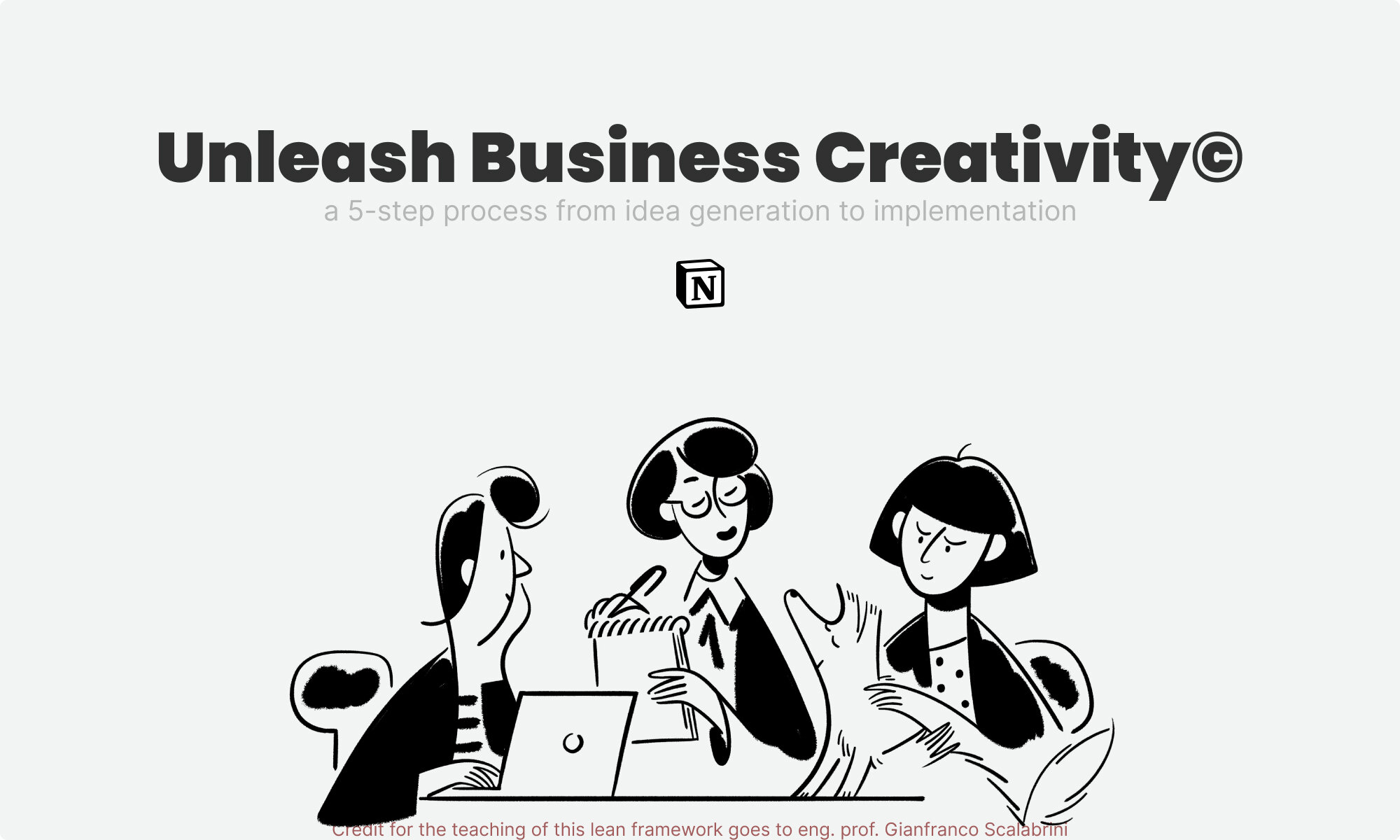Weekly Highlights #47
The content we consume can consume us, if we are not mindful enough. In this period of information overload and analysis paralysis, The ‘Weekly Highlights’ collects the 3, most valuable pieces of content I have come across during the week, and packages them in a single page, with some notes and key highlights, so to foster mindful and intentional consumption of content, which can truly add value to our life.
Intentional content consumption, in an era in which the amount of content we expose ourselves to can consume us, if we are not mindful enough. 🐘
Conflict is an inherent part of work or personal life. Although often considered uncomfortable and avoidable at all costs by many people (especially if you score high in agreeableness), how we manage conflict makes the difference, as opposed to how often we enter into conflict. Agreeing to disagree, as organizational psychologist Adam Grant points out, is not a valuable option to resolve conflict. It is, on the other hand, a possible defense mechanism to end the conflict as soon as possible and avoid the true, real elephant in the room, or in the brain.
There are 3 main types of conflict:
Task-related conflict: this sometimes takes place at work, and is often the most healthy nature of conflict, since it is based on a specific external object, or task, whose boundaries and characteristics may not be that clear within a group or individuals.
Relationship conflict: this category of conflict is all about clashing personalities and egos. Relationship conflict is the kind of conflict that can often be seen within families, or within clashing colleagues at work. This type of dispute has the characteristic of being highly driven by the ego of conflicting people.
Status conflict: "Status conflict is about where we fit in the hierarchy that we're in together. So I think I'm higher in this informal status hierarchy than you. And you think you're higher in this informal status hierarchy than me or we're equal, but you're acting like you're higher" (CORINNE BENDERSKY).
Particularly interesting in this conversation, as far as I am concerned, is the way Simon Sinek and Brené Brown discuss topics, are open to changing their minds, strive to grow thanks to the conversation as opposed to debating to be right.
The infinite mindset can be applied to any areas of life, and is a mindset that we can deeply embody if we truly want to. Positive emotions require more cognitive effort, and, according to Brené Brown, need much more rationality than "negative" emotions.
Vulnerability - Boundaries is not vulnerability. This is something author Brené Brown writes extensively about in her book Dare to Lead.
A model developed in the 1950s, the Bowen family system framework is based on 8 core concepts:
Differentiation
Nuclear Family Emotional System: people tend to choose partners that are similarly differentiated to them
Emotional Triangulation
Family Projection Process: the child of undifferentiated parents may end up being even more undifferentiated than them
Sibling Position
Emotional Cutoff
Multigenerational Transition Process
Societal Regression: some societal elements do impact the level of differentiation of people, according to Bowen’s family system
The goal of Bowen's system is to increase differentiation among people, and reduce anxiety.
Quote of the Week
““Let me never fall into the vulgar mistake of dreaming that I am persecuted whenever I am contradicted.””
This Week’s Article
Unleash Business Creativity: The Way to Innovation
If you enjoyed this post, consider signing up to the weekly newsletter and stay up to date with new content.

